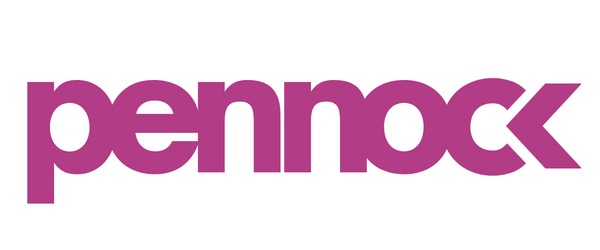Monday Insights: This Week’s Industry Updates
The marketing industry is constantly changing and evolving, with new trends emerging daily, sometimes even hourly. As marketers, it's crucial to stay updated with the latest industry developments. Here's a recap of recent updates to keep you informed:
LinkedIn broadens engagement indicators to enhance the personalization of user feeds
LinkedIn has recently made adjustments to its algorithm and notifications, leading to changes in user engagement patterns on the platform. The platform is now displaying more content from users and pages with whom individuals interact the most, placing greater importance on hashtag engagement to highlight important topics. Notifications for certain actions have been reduced, while posts are gaining more traction over time rather than just on the first day. These changes stem from LinkedIn's updated algorithm, which incorporates additional engagement signals like hashtag interaction and user engagement patterns. The goal is to enhance feed personalization by predicting and showcasing content most relevant to individual users' interests. This has contributed to increased original content sharing on LinkedIn and heightened engagement. As LinkedIn continues to attract users looking for an alternative to other platforms, optimizing engagement by focusing on key topics of interest and fostering community engagement appears to be crucial in navigating the evolving algorithmic landscape.
New data reveals that Gen Z tends to be more accepting of targeted ads
As cookies become less prevalent and consumer privacy gains a spot in marketing discussions, understanding digital strategies like targeted ads is crucial. Recent research reveals that younger consumers, particularly Gen Z, might be more receptive to targeted advertising and even prefer it. In comparison to older generations, Gen Z individuals are three times more likely to allow tracking when prompted by options like Apple's App Tracking Transparency. About 37% of Gen Z respondents opted for tracking to receive more relevant ads, while 43% chose to opt-out, in contrast to the majority of baby boomers who opted out. Gen Z's online protection methods also differ, with fewer clearing browser cookies or using ad blockers, but more using VPNs. Additionally, social media plays a substantial role in Gen Z's product discovery, especially through influencers, with over 75% making purchases based on influencer recommendations. Gen Z consumers are more prone to researching products before purchasing, prioritizing the values and beliefs of brands, and shopping in unique ways compared to older generations. Social media, notably TikTok, significantly influences product discovery among Gen Z, even impacting in-store experiences as they search for brands on social media while shopping.
Meta introduces branded content campaign oversights to the ads library
Meta has introduced a valuable tool for marketers that allows them to track branded content campaigns within its Ads Library. This feature offers deeper insights into competitor strategies by revealing how influencers and creators are collaborating across Facebook and Instagram. The tool facilitates searches by platform and date range, showcasing campaigns that have used Meta's Branded Content tags. While the search might have some limitations in real-time display of the most recent campaigns, it enables users to explore influencer participation, view actual content, and even search by brand to uncover all influencer campaigns a business is running. This addition aligns with Meta's efforts to enhance transparency in paid promotions while offering valuable insights for influencer partnerships and strategy development.
X presents a $250 dollar advertising credit as an incentive to regain SMBs
Efforts by X to regain advertisers appear to be struggling, evident in the offer of $250 in ad credit to small and medium-sized businesses (SMBs) that spend $1,000 on X ads within a month. The move, seen as somewhat desperate, contradicts X's claims of an improved ad business following its renaming and aims to recover from a 50% decline in ad revenue since Elon Musk's acquisition. Despite X CEO's assertion of nearing breakeven and resuming ad spending, the need for such incentives suggests challenges. While some major brands are gradually returning to X advertising, skepticism remains among advertisers, with 87% of respondents in a LinkedIn poll indicating no plans to engage with X ads. Despite X's claims of ad system improvements, doubts linger regarding the actual enhancements.
Follow our Monday Insights Blogs to stay informed and stay ahead in the dynamic world of marketing!
